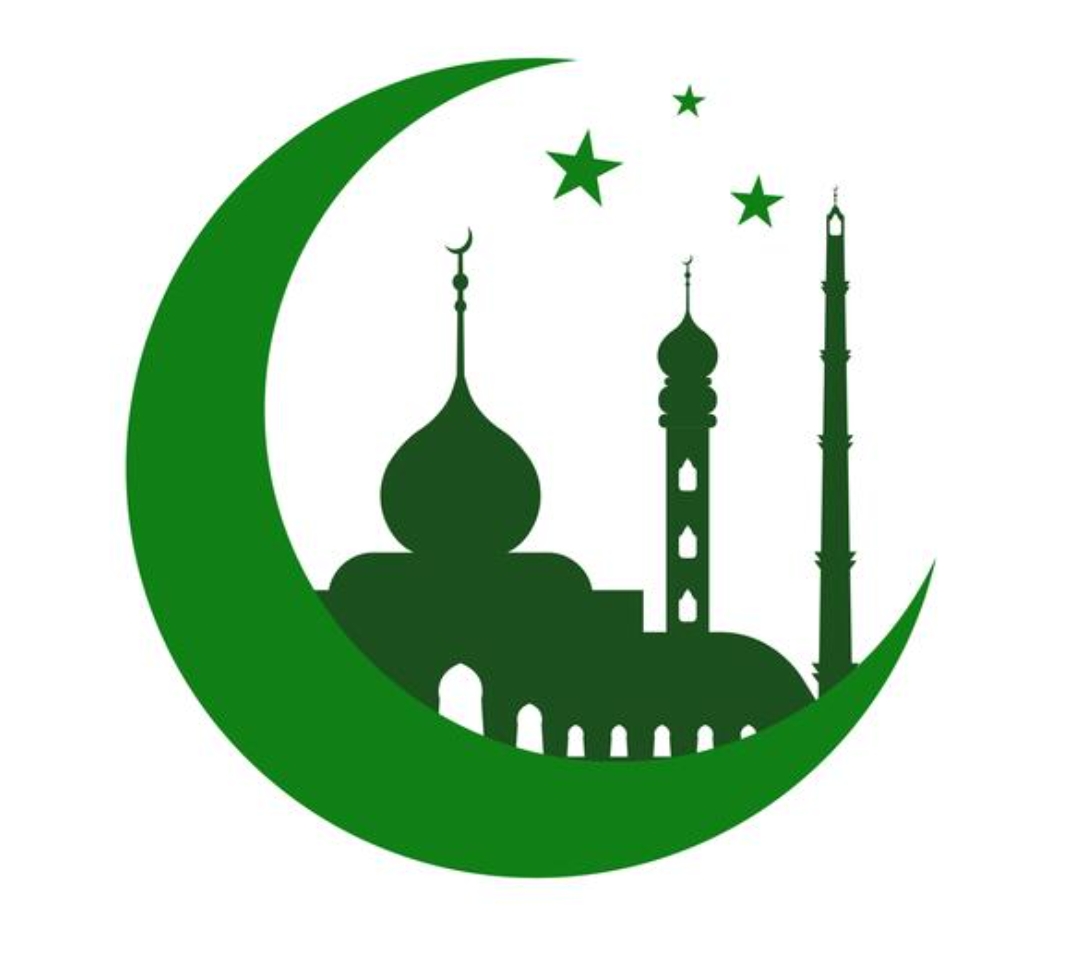EDITORIAL: Why Katsina Must Tread Carefully in the Masussuka Preaching Controversy

Culled from Fasaha Stream
In Katsina today, the controversy swirling around Malam Yahaya Masussuka is more than a dispute about one preacher’s style — it is a moment of reckoning. The state government’s decision to investigate him on the grounds that his preaching methods allegedly contravene Islamic teaching standards raises deep, almost existential questions about the role of government in religious life. Is this a prudent step to protect social harmony, or a dangerous overreach that risks dividing hearts as much as it polices tongues?
Some would argue that government should never intrude on doctrinal debates. Indeed, there is wisdom in that restraint. Across northern Nigeria, in cities like Sokoto, we have long had a rich ecosystem of scholars and traditions — Izala, Darika, independent Ulamas — living side by side, debating, sometimes disagreeing, but managing to coexist. If past governments had resisted the urge to regulate preaching too aggressively, this pluralism might be stronger and more stable today.
Then there is the painful memory of Kano. When the Kano government intervened in theological disputes — notably around Abduljabbar — it quickly became entangled in polarizing religious politics. It was meant to calm tensions, but instead it sparked greater mistrust. That lesson looms large over Katsina now: when government intervenes too deeply in the pulpit, it risks becoming itself a target, and unintentionally fueling exactly the kind of division it seeks to prevent.
Yet, perhaps this is also the moment to revisit an idea that has long hovered in northern states but rarely taken root with success: regulation of preaching. The notion is not entirely foreign. Kaduna State made a bold attempt a few years ago, passing a Religious Preaching Regulation bill in 2019. Under that law, religious preachers would have needed licences issued by interfaith regulatory bodies, and loudspeaker use outside mosques or churches at certain hours would be restricted. The stated aim was not to stifle faith, but to guard against incitement, hate speech, and irresponsible use of public amplification.
But that experiment did not last. A Kaduna court struck down key provisions, ruling that the state cannot screen or license preachers because that violates constitutional rights. The path proved to be a legal minefield, exposing the tension between regulation for public order and freedom of religion.
For Katsina, this history offers both caution and possibility. On one hand, unrestrained intervention — arrests, bans, public punishments — could backfire horribly, reinforcing sectarian divisions, turning clerics into martyrs, and making government the battleground for religious conflict. Already, Darika scholars in Katsina have indicated they do not want to be drawn into this fight, and insinuations are flying that extremist elements or “boko”-influenced groups are stoking the embers. The risk is very real: what starts as a debate about methodology can become a zero-sum contest over legitimacy, influence, and identity.
On the other hand, the idea of regulation is not inherently flawed. A carefully crafted, legally sound framework could provide clarity, accountability, and peaceful avenues to resolve preaching disputes — especially in a state with many traditions. Rather than targeting one preacher, the government could work with a broad-based council of ulama, representing all major traditions, to develop agreed-upon guidelines for sermons, public amplification, and responsible religious discourse. This might prevent extremism, curb inflammatory rhetoric, and protect vulnerable communities — without turning the state into arbiter of theological truth.
If this is to be done, though, Katsina must proceed with humility, not hubris. The government should resist the temptation to brandish investigative powers as a tool of political leverage. It must ensure that any committee or council it supports is genuinely independent, rooted in religious scholarship, and representative of the state’s diversity. The goal should be not “discipline this man,” but to foster a shared code of conduct — a covenant among preachers and scholars, not a decree from above.
This moment may be uncomfortable, but it could also be transformative. If handled wisely, it could usher in a new era in which preaching is not just impassioned but responsible; not just free, but respectful; not just powerful, but peaceful. But if handled recklessly, it threatens to deepen rifts, making government part of the problem, not the solution.
Katsina’s leaders would do well to remember that when it comes to matters of faith, power should not triumph over prudence — and that the most lasting regulation is not imposed, but agreed upon.

